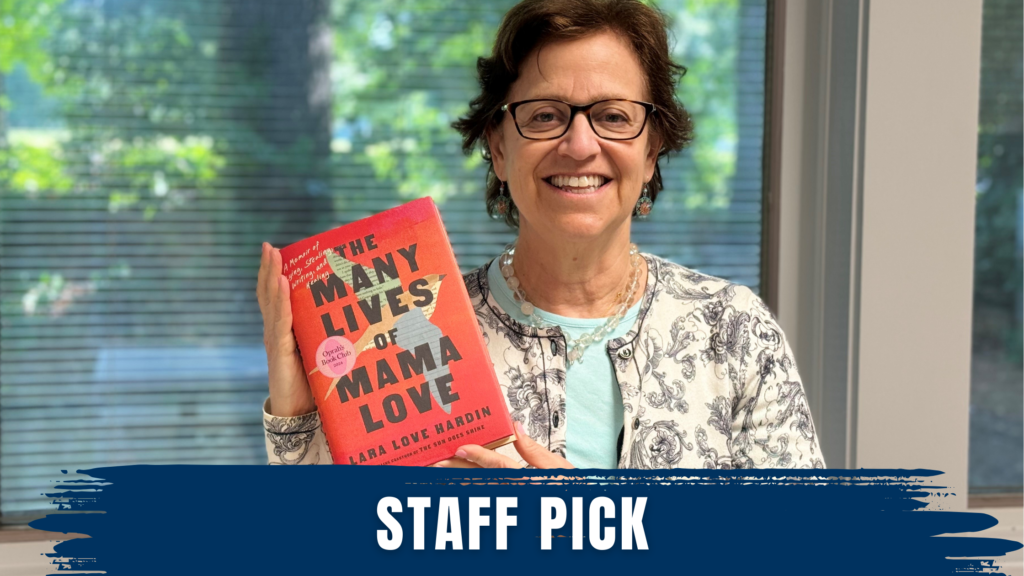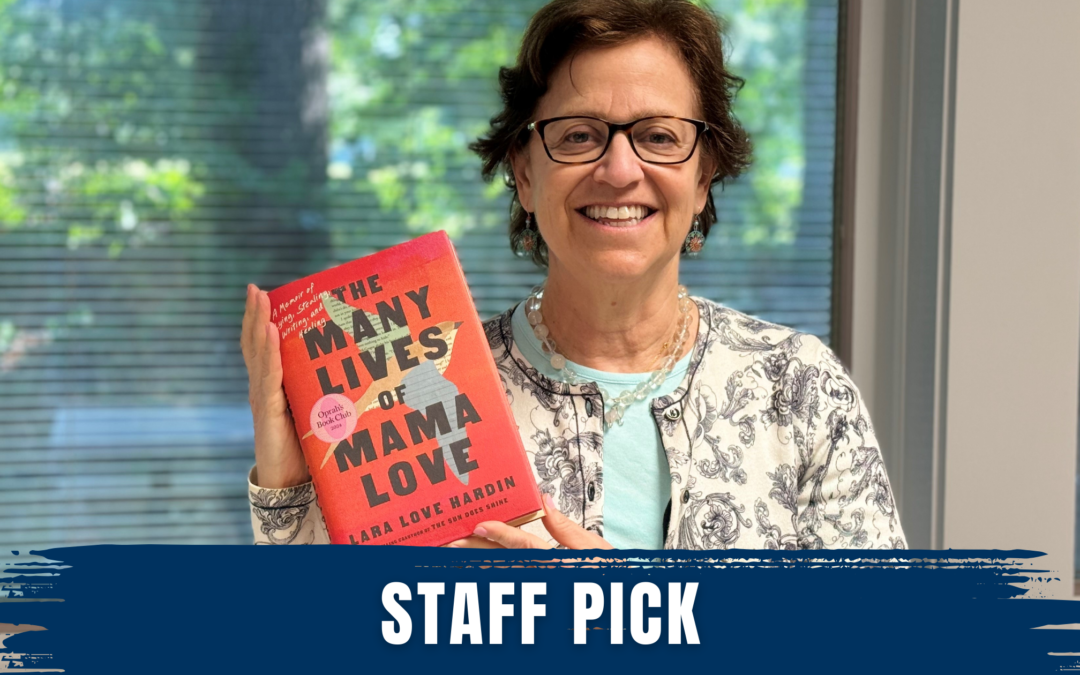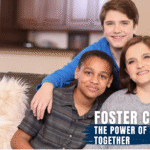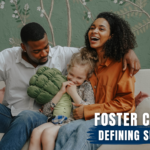
Our team at Henrico CASA loves to read… and there’s no better time to read than the summer! In upcoming weeks we’ll be highlighting some of our recent favorites in the hopes that you will enjoy the themes and connections to our work as child advocates.
Synopsis
This memoir, The Many Lives of Mama Love, was recommended by one of our own – a current CASA advocate. The synopsis that she submitted to our staff piqued my interest: “It touches on the struggles of addiction, the struggles of fighting to get your kids back, the extraordinary challenge of checking all the boxes, when you get out of jail and have no car/no phone/no home/limited support.
Very much enjoyed it and it’s very relevant to CASA, as it touches on so many of the struggles that we see families face. It also goes through the roles that all the different agencies play and how they come together, and also how sometimes the system can really set you up you up for failure.”
Why I Recommend…
I chose this book on a recommendation because it sounded not only relevant to CASA work, but also a bit different from the often-chronicled accounts of a descent into addiction and finding (or not finding) a way out. I looked forward to hearing this author’s experience with resilience, drive, determination, loneliness, and “aloneness” and trying to get well in a system that sometimes is not helpful to those for whom it is designed to help. I hoped the author would offer those of us in the helping system – like Henrico CASA – some insights into helping someone with a drug addiction who has had his or her children removed.
Ms. Love Hardin definitely offers insight. As I looked back at my notes, I noticed a trend – I was touched by “the positives”. Her strengths. What Ms. Love experienced that propelled her. Here are a few of many wonderful highlights:
- Ms. Love chose to treat her caseworker as an ally in getting her child back. I loved this! I can name dozens of former and current CPS and foster care workers who would welcome a caseload of clients who felt and acted that way! Ms. Love wrote that she asked her worker every week what more she could do to get her child back. She said that she chose to believe that everyone in CPS and the court wanted to return her son to her rather than take him away permanently.
- After being found guilty, she welcomed sentencing for her crimes! With a sentence, there was an end date to her confinement, she could count the days until she gets out, make a plan with CPS for reunification, separate from her husband (who also abused drugs), work on herself. She was locked up for three times as long as before, but this time it, “…feels like freedom. I don’t have to worry about anything on the outside besides my boys.” To me, it’s interesting how much humans need structure, routine, focus, plans and a schedule, and how freeing they actually are.
- Ms. Love hated herself for what she had done to her four boys. Having spent so much time in jail and losing custody of them, she would never be a mom to the young versions of her boys. Thinking about that took her breath away. How torturous that must be for a parent – to accept that reality and make herself focus on becoming the mom of their future.
- While trying to repair her “Neighbor From Hell” reputation, Ms. Love darkens her hair so not to be recognized by former neighbors and be stared out or accosted. She writes, “My brown hair is my biggest safety net right now.” Ms. Love uses deception to aid her while she works her Foster Care Service Plan. It made me think about how our CASA parents can be deceptive, and what if the deceptive act is actually a protective factor?
- At one point in her life, Ms. Love’s job is to convince employers that a formerly incarcerated women make the best employee. Want to learn something new today? Read this section of the book (p. 221 – 223.). Fascinating and real!








